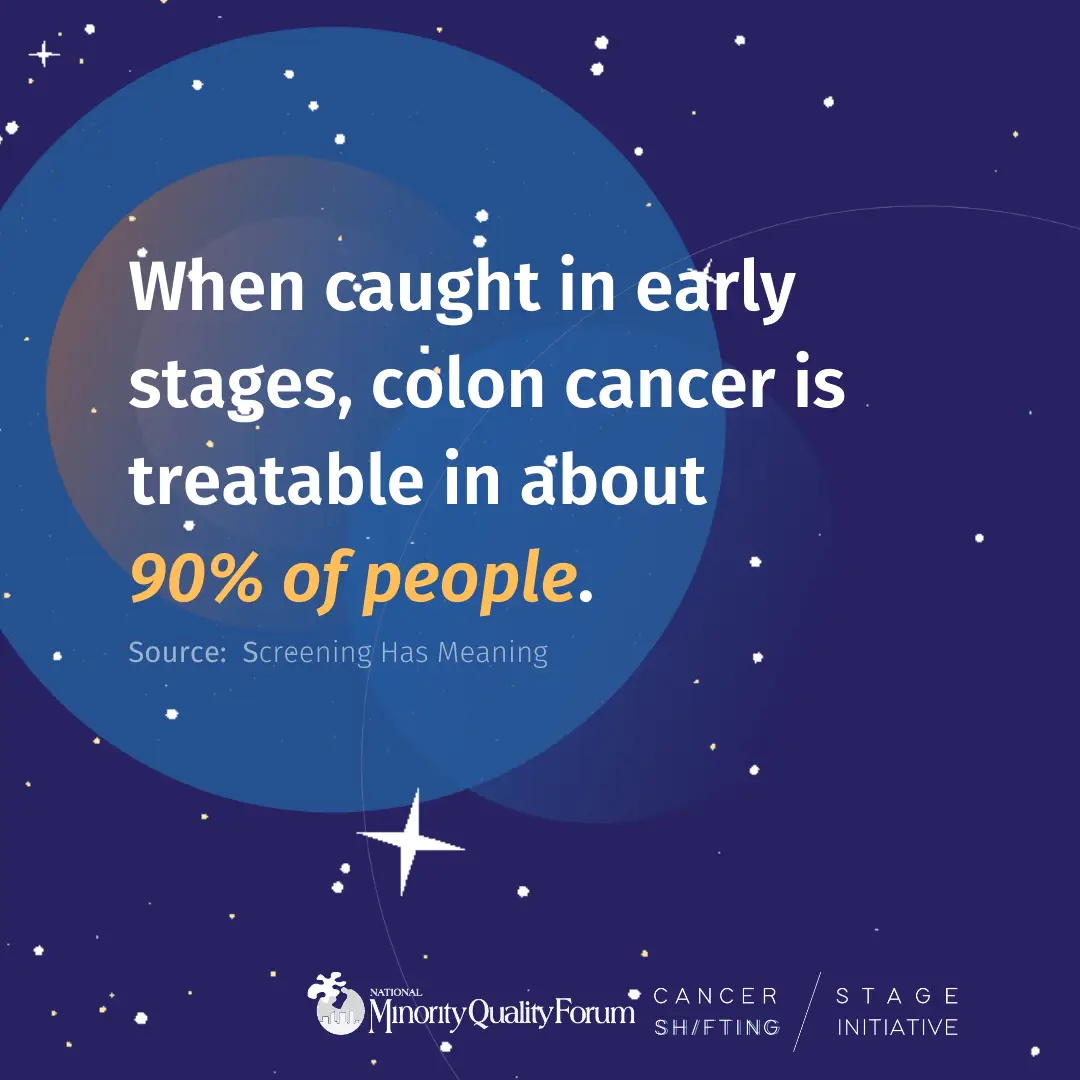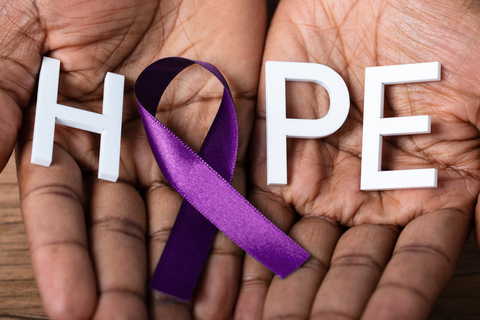RacialEthnic
Racial/Ethnic Minorities have Greater Declines in Sleep Duration with Higher Risk of Cardiometabolic Disease
Getting enough sleep is essential for good health, yet many Americans are sleeping less and paying the price. New research highlights troubling tre...
Trends and racial/ethnic differences in predictors of cervical cancer screening among US women aged 30-64 years
Background:
Cervical cancer screening (CCS) participation has decreased in the United States over the last several decades, contribu...
School racial‐ethnic discrimination, rule‐breaking behaviors and the mediating role of trauma among Latinx adolescents: Considerations for school m...
Abstract
Much of the literature linking adversity to trauma fails to account for racialized experiences, including racial-ethnic discrimination, wh...
Genetics and racism contribute to racial-ethnic disparities in obesity and comorbidities
July 20, 2022
11 min read
Source/Disclosures
Published by:
...
US Cardiometabolic Health in Steady Decline, Racial/Ethnic Minorities at High Risk
Less than 7% of the US population, 1 in 15 American adults, has what can be considered “optimal” cardiometabolic health, according to n...
Perceived Risk for Diabetes Low among Racial/Ethnic Minorities with Undiagnosed Prediabetes
Nearly three-quarters of US adults with undiagnosed prediabetes reported no perceived risk for the overt disease, say authors of a new analysis of ...
Trending Topics
Features
- Drive Toolkit
Download and distribute powerful vaccination QI resources for your community.
- Health Champions
Sign up now to support health equity and sustainable health outcomes in your community.
- Cancer Early Detection
MCED tests use a simple blood draw to screen for many kinds of cancer at once.
- PR
FYHN is a bridge connecting health information providers to BIPOC communities in a trusted environment.
- Medicare
Discover an honest look at our Medicare system.
- Alliance for Representative Clinical Trials
ARC was launched to create a network of community clinicians to diversify and bring clinical trials to communities of color and other communities that have been underrepresented.
- Reducing Patient Risk
The single most important purpose of our healthcare system is to reduce patient risk for an acute event.



















